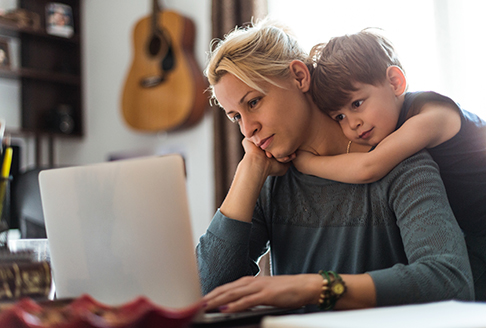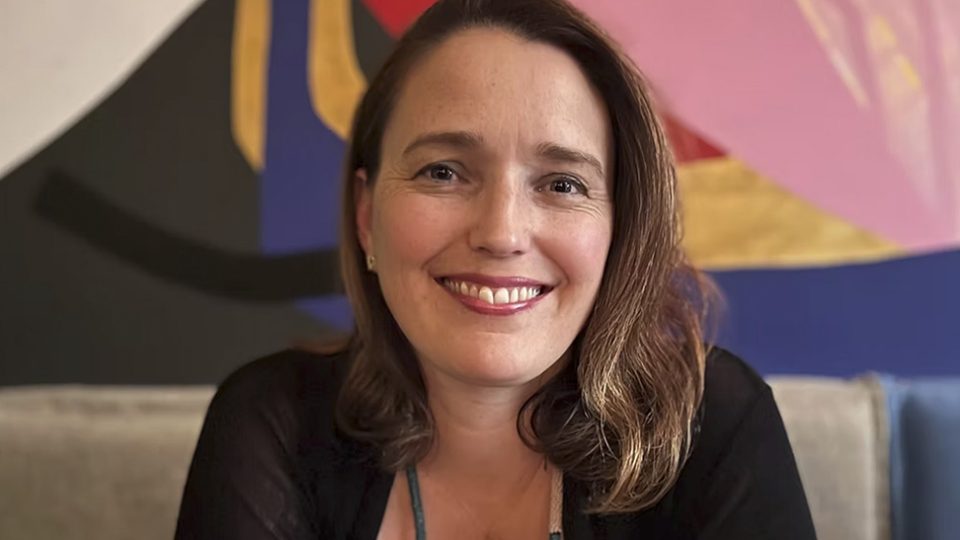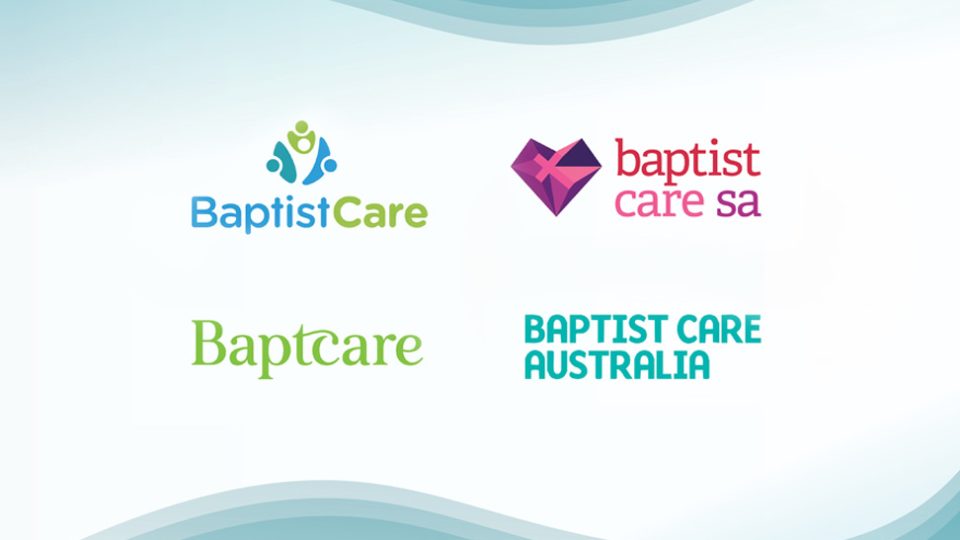How to Care for the Carer
- 12 Oct 2023

Key Points:
- The role of the carer can be fulfilling, however it can be both physically and emotionally demanding as well
- It is important to prioritise your wellbeing so you can be the best support person you can be to your loved ones
- It is common for people to feel they have no choice but to be a carer
- There are various free resources available online and in person to support your wellbeing
Your role as a carer is incredibly important both to your loved one and to your community. Not only do you provide ongoing emotional support to your loved one, but you may also support them with their personal and health care, transport and administration needs, housekeeping/household chores and miscellaneous activities.
Chances are that you do all these tasks in addition to juggling many other responsibilities in your life.
While the role of a carer can be very fulfilling, it can also be demanding both physically and emotionally, and can be a cumulatively demanding job too. Therefore, it’s important that you prioritise your wellbeing.
How to accept your role as a carer
It is a common feeling for carers to feel they did not have a choice about becoming a carer. This role can occur gradually, through helping more as a loved one’s independence reduces over time, or it may happen abruptly due to a health change or an accident. The responsibility as carer is often left to one individual within a family rather than being shared equally.
There is an array of free resources available to you that could help support your wellbeing as you care for your loved ones.
Connection: support groups and free resources for carers
Carers Victoria is an aged care team that provides expert advice to support you in times of crisis, and can provide you with tools to plan for the future. If you need support or advice, call Carers Victoria on 1800 514 845 or visit their website. Carers Victoria also conducts wellbeing workshops for carers, which you can find here: calendar for carers
Carer Support Group Directory
There are support groups in your local area made up of people who share common caring experiences. You can share knowledge and experiences and receive emotional, social and practical support. In addition to learning more about being a carer, these groups are also a great opportunity for you to meet other carers who may be in similar situations to you. You can find one in your local area by visiting Carers VIC Australia.
How a primary carer can prioritise their own wellbeing
Carers often overlook the importance of prioritising their own wellbeing. However, it’s extremely important that carers look after themselves or they will burn out and be unable to care for anyone. Try and give yourself a small amount of time each day to do whatever will ‘fill your cup’. Perhaps it’s as simple as going for a walk with a friend or doing some online learning or meditation. Or perhaps you’d just like to watch your favourite show on TV with a strong cup of tea. The important thing is that you care a bit for yourself.
Also try and prioritise your diet (fruit, vegetables and chocolate treats can help too!) and sleep needs to ensure that you stay healthy yourself.
Wellbeing apps and websites for carers
- Future learn: free online courses on health, languages, wellbeing and more
- Spotify: play music anytime, anywhere
- Headspace: Short meditation and mindfulness sessions
- Smiling Mind: a guide on how to meditate
- Home fitness: YouTube has a wide range of workout videos. One of these options is ‘Fitness Blender’
Mental health support resources
If you are struggling with your mental health, there are resources and support available to you through Beyond Blue. If you need support phone 1300 224 636 or visit the website which includes an online chat function.
What is Respite care?
Respite care is when somebody else takes over and supports the person you care for so you can have a break. This gives primary carers an opportunity for short-term rest, to maintain mental health and wellbeing, and reduce the risk of you becoming exhausted or burned out.
What are day centres?
Baptcare day centres are friendly and comfortable facilities, with care delivered by qualified and experienced carers. Day respite at our day centres is available Monday to Friday. Baptcare offers ongoing regular bookings, occasional care, plus respite care at short notice for when the unexpected arises.
Baptcare staff provide friendly and attentive care seven days a week, including public holidays.
Baptcare offers additional support for carers. Talk to us about upcoming coffee mornings, dinners, outings, and carers’ meetings.
Enquire today via our website.
To read more about Caregiver burden and burnout – signs to look out for and ways to prevent it, click here.
Community news
-

Faces of Baptcare: Hilary Davis
There’s something almost celestial about meditation teacher and health coach, Hilary Davis. Her calming presence immediately puts the residents at Karana Residential Aged Care community at ease, and the trust she inspires is clear as they quickly open up and share their thoughts with her. Even the resident cat, Mona, approaches her curiously before slinking off to her sunbeam meditation. Between restful meditation exercises, we sat down to hear about Hilary’s journey from corporate lawyer to community healer.
- 23 Sep 2025
-

BaptistCare welcomes Baptist Care Australia team to lead advocacy
The Baptist Care Australia (BCA) team has joined the newly merged BaptistCare organisation after the national peak body representing Baptist community service organisations announced it will conclude operations. Following the merger of key BCA state members Baptcare (VIC, TAS, SA), Baptist Care SA and BaptistCare (NSW, ACT, WA) there is no longer the same need for a national peak body.
- 04 Sep 2025
-

Work placements: where theory becomes practice
Victoria completed a placement with our Community Services team in the final year of her Social Work studies. Now she works with the Targeted Care Packages team as a Case Manager.
- 01 Sep 2025
